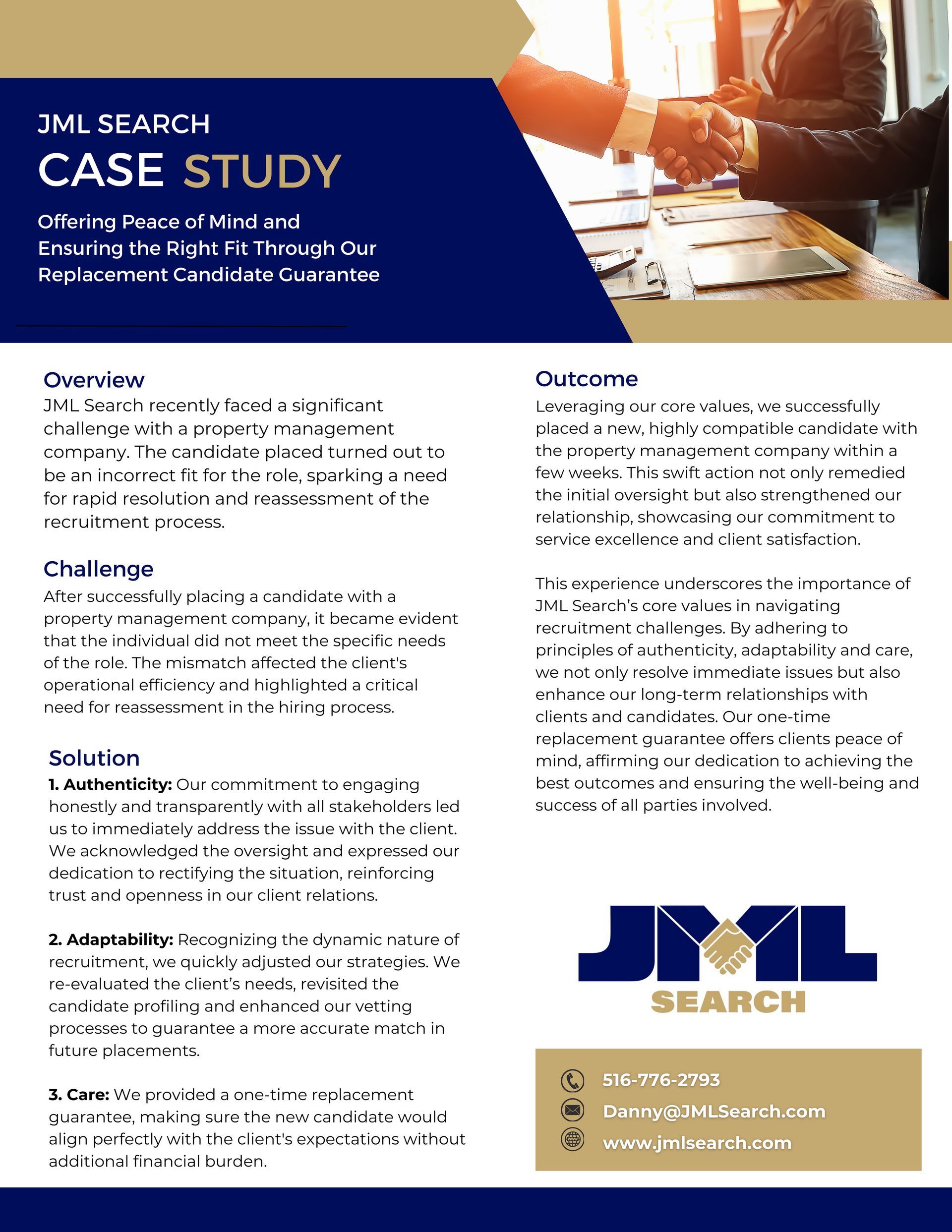WHY HIRING INDIVIDUALS WITH EMOTIONAL INTELLIGENCE IS KEY
In the vibrant and dynamic world of hospitality, success hinges not only on impeccable service and pristine facilities but also on the human element that underpins every interaction. In an industry where guest satisfaction is paramount, the ability to understand and connect with people on an emotional level is invaluable. This is where emotional intelligence (EI) comes into play.
Emotional intelligence, often abbreviated as EI or EQ (emotional quotient), encompasses a set of skills that enable individuals to perceive, understand, and manage emotions—both their own and those of others. In the hospitality sector where every encounter is an opportunity to create memorable experiences, hiring individuals with high emotional intelligence can be a game-changer.
Understanding the Importance of Emotional Intelligence
Hospitality is all about catering to the needs and preferences of guests, many of whom may be experiencing a range of emotions—whether it's excitement, relaxation, anticipation or even stress. Employees with strong emotional intelligence possess the ability to recognize these emotions in others and respond appropriately, thereby fostering positive interactions and building rapport.
Moreover, in a service-oriented industry like hospitality, conflicts and challenging situations are inevitable. Whether it's addressing a guest complaint or resolving a misunderstanding among team members, individuals with high emotional intelligence are better equipped to navigate these scenarios with tact, empathy, and composure. They can de-escalate tensions, find mutually beneficial solutions, and ensure that the guest experience remains unaffected.
The Role of Emotional Intelligence in Guest Satisfaction
Guest satisfaction is the cornerstone of success in the hospitality industry. Beyond delivering efficient service, guests crave genuine connections and personalized experiences that resonate with them on an emotional level. Employees who possess emotional intelligence are adept at discerning subtle cues and adapting their approach to meet the unique needs of each guest.
For instance, a front desk agent with high emotional intelligence may intuitively recognize when a weary traveler needs a warm welcome and a sympathetic ear after a long journey. Similarly, a restaurant server attuned to the emotional nuances of diners can enhance their dining experience by offering attentive service and thoughtful recommendations, thereby leaving a lasting impression.
Building a Culture of Empathy and Collaboration
In addition to enhancing guest satisfaction, hiring individuals with emotional intelligence contributes to a positive work environment characterized by empathy, mutual respect, and effective communication. Team members who understand and appreciate each other's emotions are more likely to collaborate harmoniously, anticipate each other's needs, and provide support during busy or challenging periods. vFurthermore, leaders who prioritize emotional intelligence in their hiring decisions set the tone for the entire organization. By modeling empathy, active listening, and emotional resilience, they inspire their teams to cultivate these qualities and uphold a culture of service excellence.
Strategies for Assessing Emotional Intelligence in Candidates
Identifying candidates with strong emotional intelligence requires a multifaceted approach to the recruitment process. While resumes and interviews provide valuable insights into a candidate's qualifications and experience, they may not fully capture their emotional intelligence. Incorporating behavioral assessments, situational judgment tests, and role-playing exercises can offer a more nuanced understanding of how candidates interact with others and handle challenging situations.
Moreover, during interviews, employers can ask probing questions that prompt candidates to reflect on their experiences dealing with emotions, both their own and others'. Paying attention to nonverbal cues such as facial expressions, body language, and tone of voice can also provide valuable clues about a candidate's emotional intelligence.
The Crucial Role of Emotional Intelligence
In the fast-paced and competitive landscape of the hospitality industry, success hinges on more than just delivering exceptional service- it's about forging genuine connections, understanding the needs of guests and fostering a culture of empathy and collaboration.
By prioritizing emotional intelligence in their hiring practices, hospitality organizations can cultivate teams that not only meet but exceed the expectations of guests, leaving them with unforgettable experiences that keep them coming back time and again.
Danny Herskowitz is the CEO & Founder of JML Search LLC, a recruitment firm focused on helping companies within the Hospitality/Accommodation & Travel sector's find the best talent in the market for their teams. To learn more about our Recruitment Services please e-mail: danny@jmlsearch.com
Recruitment Insights



